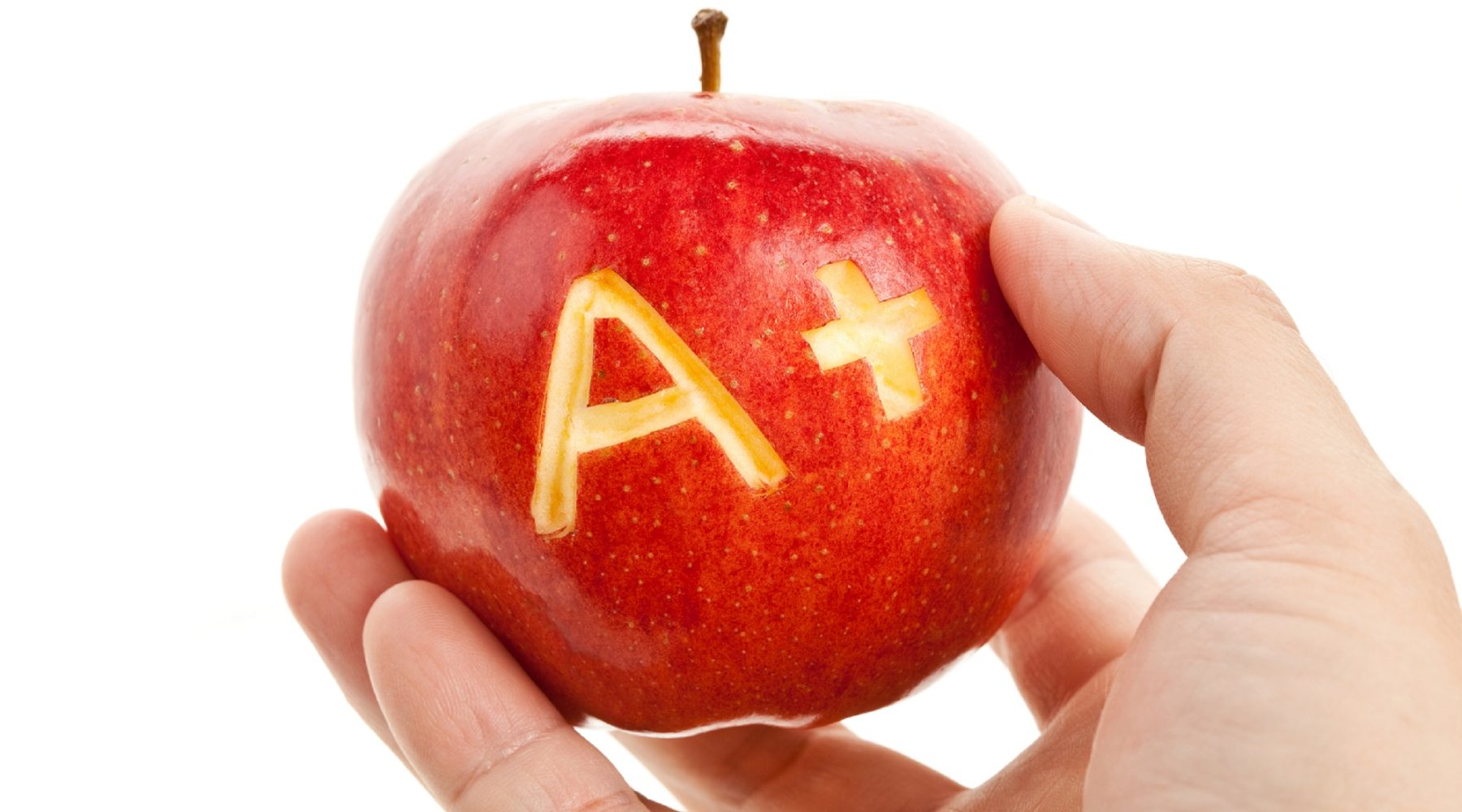
What happens when one child excels in some areas more than their siblings? As Dr Judith Locke explains, we can help children to feel good about themselves regardless.
How do you parent children of differing ability? A reader has such a dilemma. One of their three children is highly academic, to the point of winning a scholarship. Unfortunately, their two siblings are only receiving Bs and Cs.
The reader said that the siblings felt ‘dumb’ in comparison, even though their effort grades remained high. The ‘grades don’t matter speech’ would be wrong, and risked them giving up completely.
So what can be done to alleviate their two children’s strong inferior feelings?
Not winning every moment in life
Often, despite parent efforts, siblings have a habit of comparing themselves with each other. That’s because they come from the same parents, and they spend a lot of time together.
Additionally, their siblings are facing similar moments at similar points of time, such as all getting their school reports. Thus, a level of comparison is somewhat understandable.
Most times, parents are looking for praise opportunities. Should the report card be good, they are all receiving their parents’ positive commentary on their results, their efforts, and the teachers’ comments.
But, there will typically be differences. One child might have received a C for science while their sibling received an A. Or one child may have improved much more, and their teacher’s comments are a little more glowing than their more consistent sibling.
No matter which scenario, parents will have a difficult time at this point. They want to be encouraging of every child — but siblings will invariably pick up on different statements made by parents.
Some will be almost eager to see a difference — particularly if they play that card quite often. So, parents might have a pouting, ‘You are prouder of them than you are of me’ accusation thrown in along the way.
But sometimes a child will be despondent about their results as compared to their sibling. Thus, Mason might describe himself as ‘stupid’ in comparison to his brother Ethan. He may even threaten that he won’t bother trying anymore because he is clearly ‘hopeless’.
It’s perfectly understandable why Mason’s parents might want to go overboard on the praise at that point to make him feel better. They might even start madly searching for things that Mason surpasses his brother in, to let him know there are things in which he alone shines.
But this is not helpful. Denying the truth suggests that the truth is worse than it is.
Your child can’t be best at everything. And the sooner they accept this, the better off they will be.
So parents should avoid stepping in with some comment about how Mason is more responsible with taking out the bins. This is pity praise, and if he is over eight years old, he is going to pick it up as a desperately found win. That’s going to make him feel worse.
Instead, they could be somewhat matter of fact with Mason’s comment. They could agree that Ethan is better in science at this point in time, somewhat nonchalantly. They might even say, ‘Oh well, you can’t be best at everything. That’s ok.’
The truth is not cruel. What’s crueller is to make children think that they need to win in some way at every moment in life.
If the child makes emotional statements like, ‘I’m not trying anymore’ then don’t rise to the bait. Say, in a matter-of-fact manner, ‘Up to you, but that is probably going to make your results worse.’
Your children’s self-esteem should not be dependent on triumphing at everything. Instead, equip them to cope with being just ok or not so good at things, and feel good about themselves regardless.
Takeaway for parents : Better ways to process results.
- Focus much more on their effort grades rather than percentage results. Effort is something that is under their control.
- Don’t look at the report cards all at the same time. Have some separate time with each child to look through their report.
- Have the child comment on their reactions to their report card before you make your judgments, so to speak.
- Reduce extreme effusive praise for results. They should be doing their work for themselves, and feel their own pride for their efforts.
- Also ask them what they are proud of and what they would like to improve.
Like this post? Please share using the buttons on this page.
About Judith
© Judith Locke
Dr Judith Locke is a Clinical Psychologist and child wellbeing specialist who presents sessions for parents and teachers at schools around Australia, New Zealand and internationally. For more of Judith’s work read her parenting books, The Bonsai Child or The Bonsai Student. You can also follow her Facebook page, Confident and Capable.
Like this post? Please share using the buttons on this page.
Stay up to date with our newsletter here

